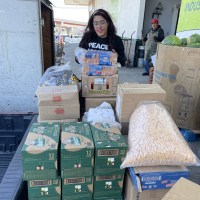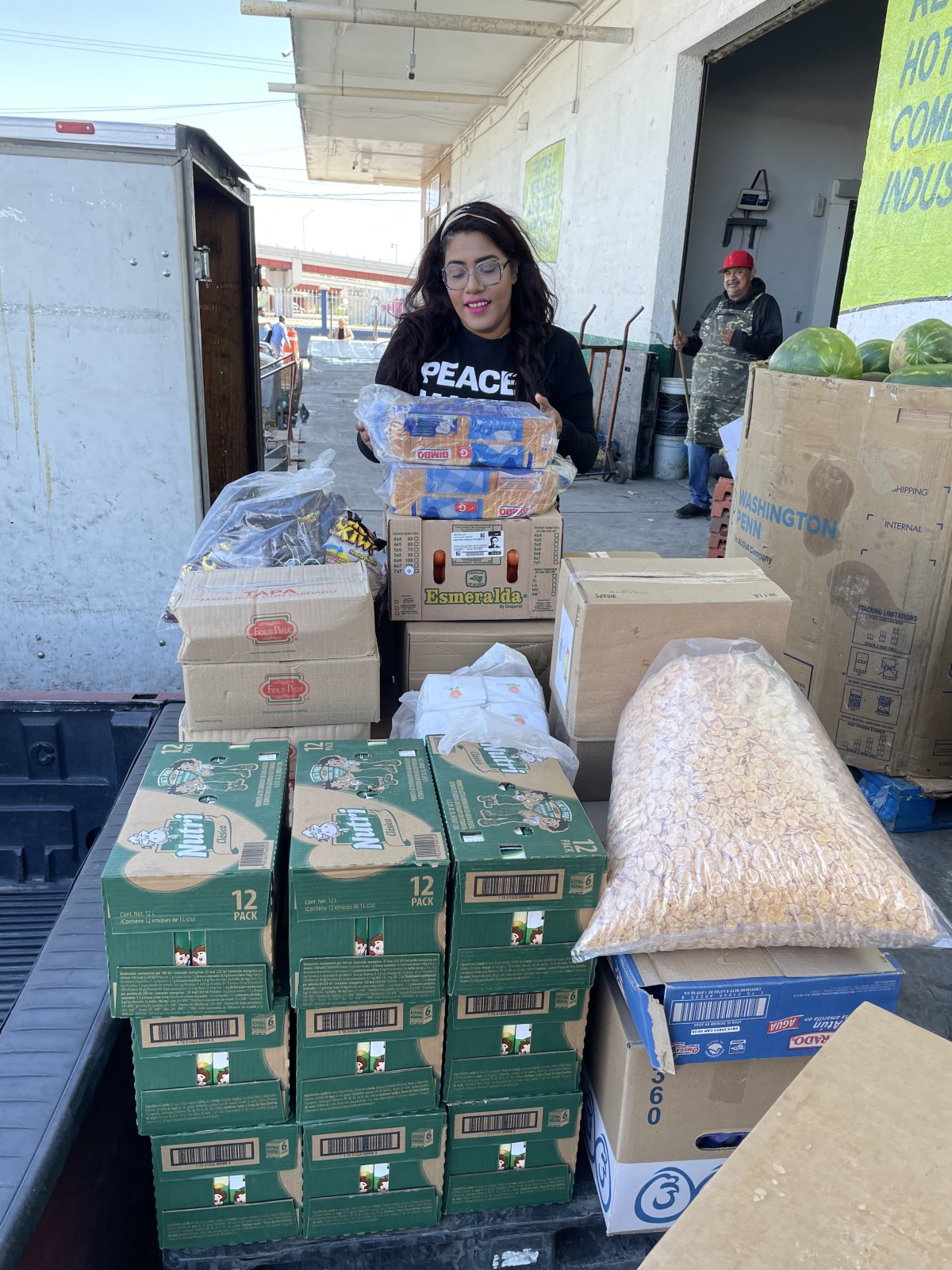That final hug with your abuelita was the hardest part. Knowing you’ll probably never see her made a tuning fork hum of fear rattle up your spine. After all, your grandmother raised you when your mother left Venezuela to look for work so you could buy school books. Now, it is your turn to leave so Grandma can survive.
You hung on to a coarse, fraying rope, your only guide across a jungle river in the dead of night, and comforted yourself with the thought of sending money back home to Abuelita once you got settled, got a job, and got ready to realize your American dream. By the time you made it through Venezuela, Colombia, Panama, Costa Rica, Nicaragua, Honduras, Guatemala, and finally Mexico, the rules had changed again. Access through a legal port of entry is impossible. Now, because you are from Venezuela, you must fly into the US and have a sponsor. You laugh a little. If you had the money for an airline ticket or even a passport, you wouldn’t have left home, left Abuelita, in the first place. Stuck at the US Mexico border, you worry you’ll be here forever. You’ve never missed the ineffable smell of homemade hallaca, cornmeal dough pockets filled with pork, raisins, olives, and vegetables, so much.
How Our Community of Peacebuilders is Supporting Migrants Where They Are
Current government immigration policies address the surface issue of the border but do not invest in solving the root causes of displacement. Thanks to you, we are supporting people where they are, reminding those forced to flee that they are not forgotten.
Showing up in Juarez
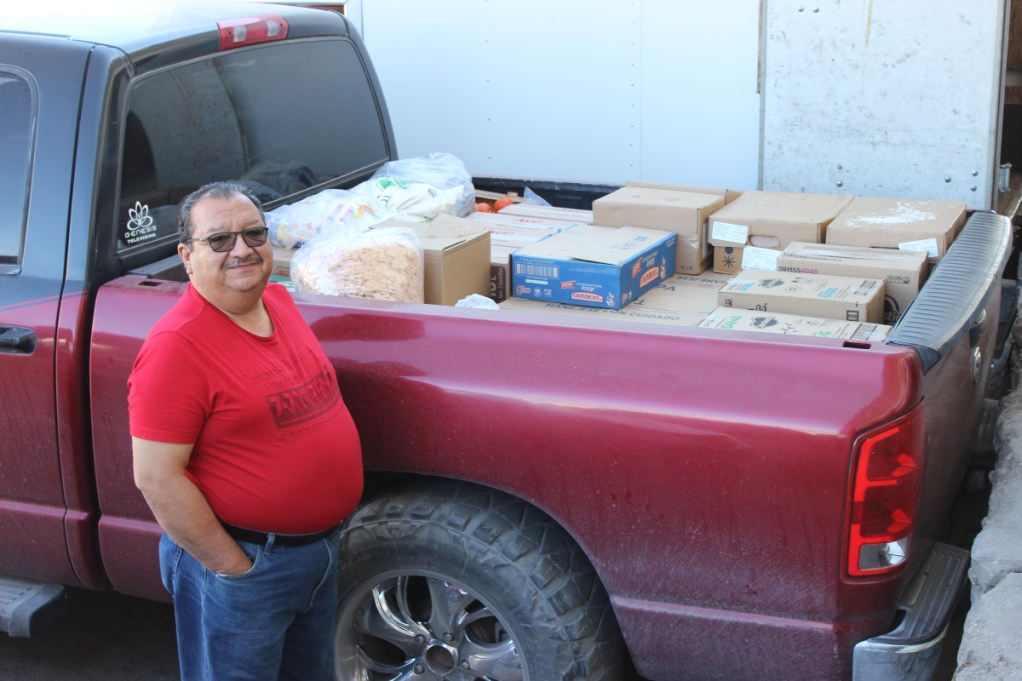
Not being allowed to present their cases for asylum has not stopped people from fleeing persecution and violence. As a result, border towns are brimming with people waiting for appointments at a legal point of entry. Despite a backlog of over 2 million cases in immigration court people still come and are forced to live on the streets.
Shelters are overcrowded, and as wait times for appointments become longer, shelters struggle to take care of the people staying in them. Food costs are constantly rising and the amount of help shelters receive from non-profit organizations is falling. You saw the need at Zapata House, a shelter in Juarez, run by Pastor Fierro and responded with enough food for a month. You brought ground beef, chicken, tuna, eggs, rice, potatoes, vegetables, cooking oil, salt, sugar, coffee, chocolate, cereal, milk, bread, and diapers for more than one hundred people.
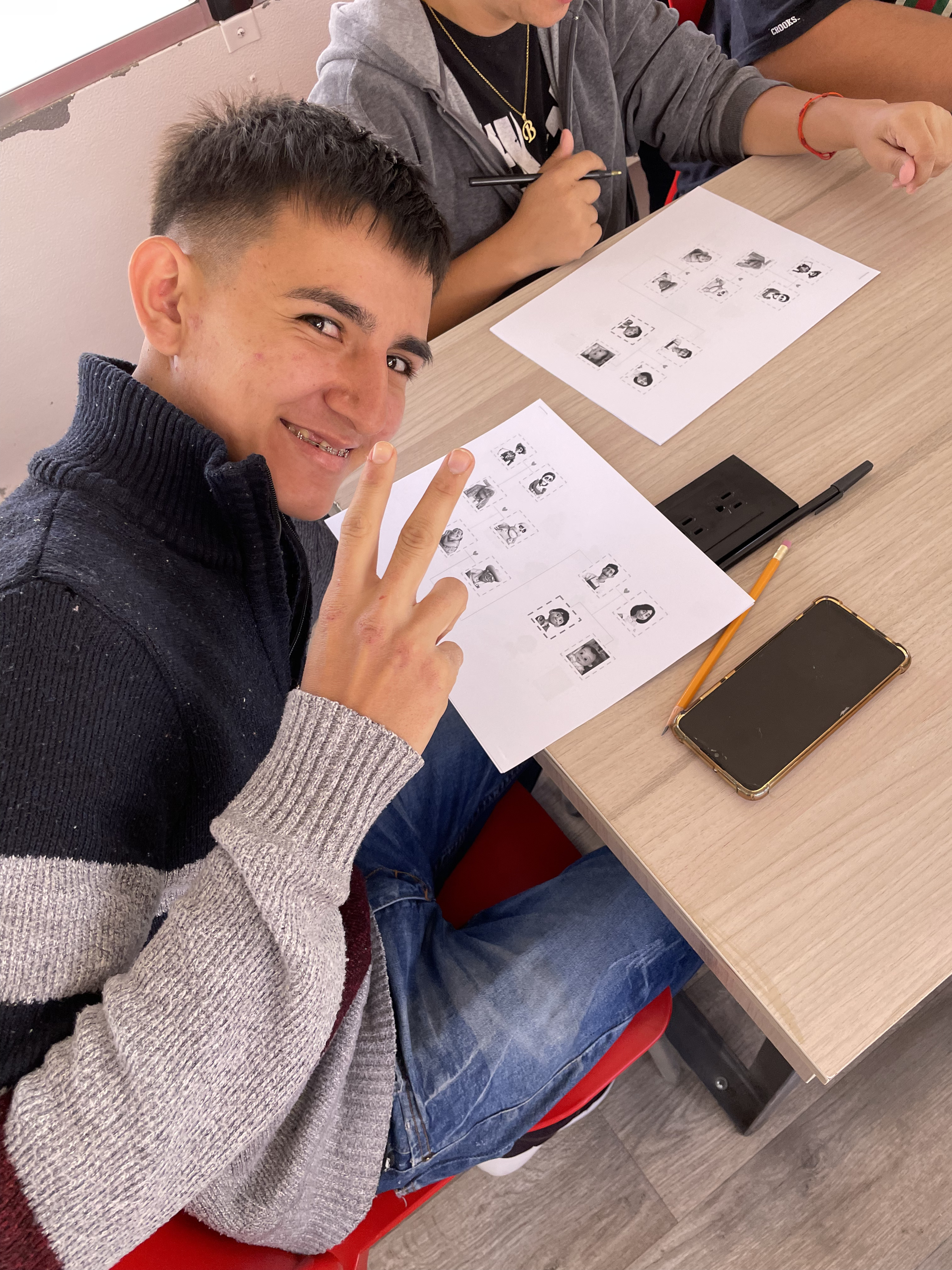
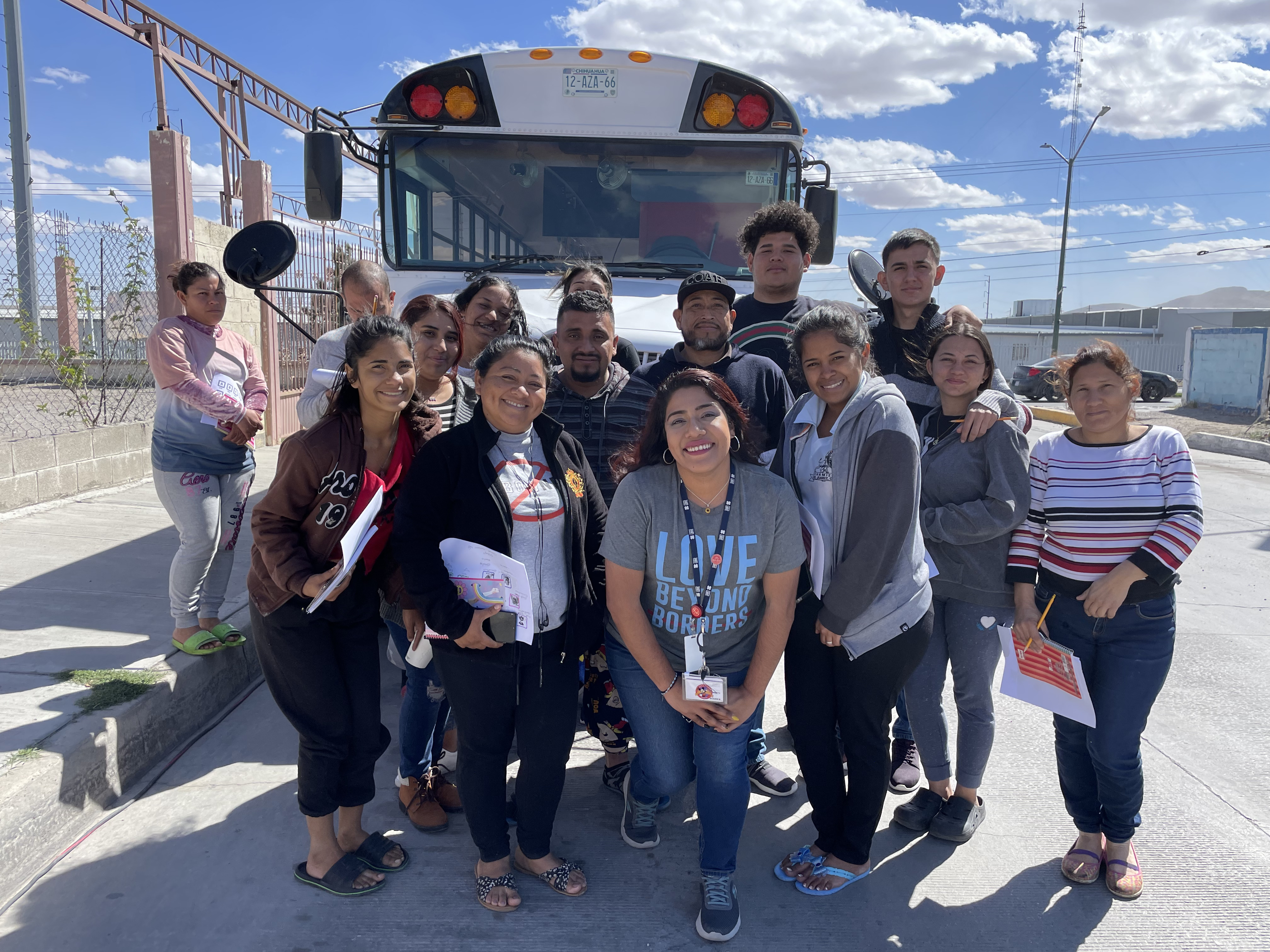
Waiting around trying to access the CBP One app to make an appointment is an exercise in patience. People need a purpose to feel happy. That’s why you launched a mobile tech bus to get people in mobility ready for the next place they will call home. We’re giving all one-off workshops to help migrants learn topics such as basic English, how to navigate the airport, how to go grocery shopping, and how to present themselves on social media or for job interviews.
Showing up in Tapachula
Tapachula, a town on the Mexican and Guatemalan border, is another gateway point for people fleeing poverty and violence because Tapachula is where people apply for legal permission to travel through Mexico. Again, people have to wait for months to get their paperwork. During this time, many work in the informal economy in order to survive.
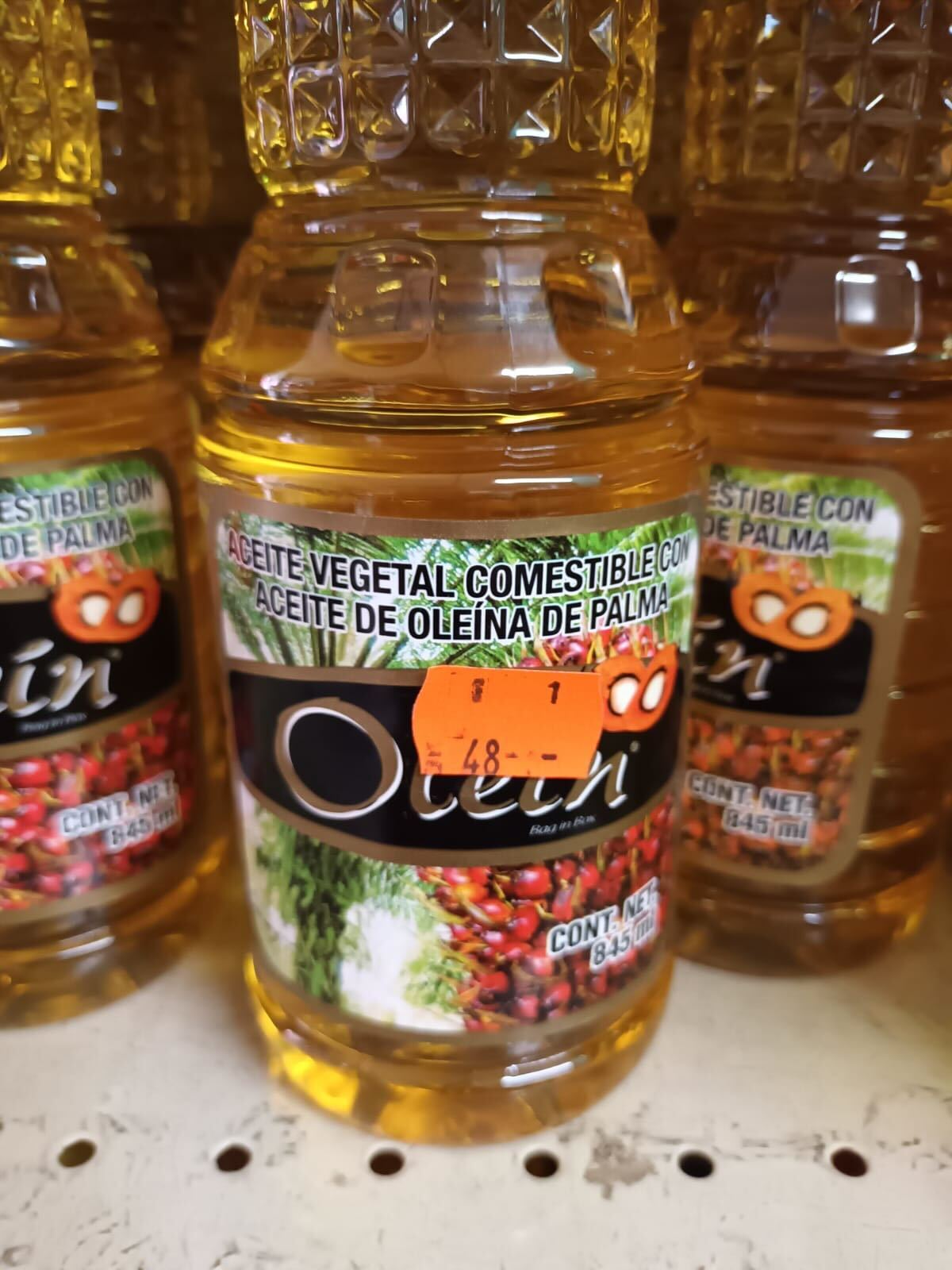
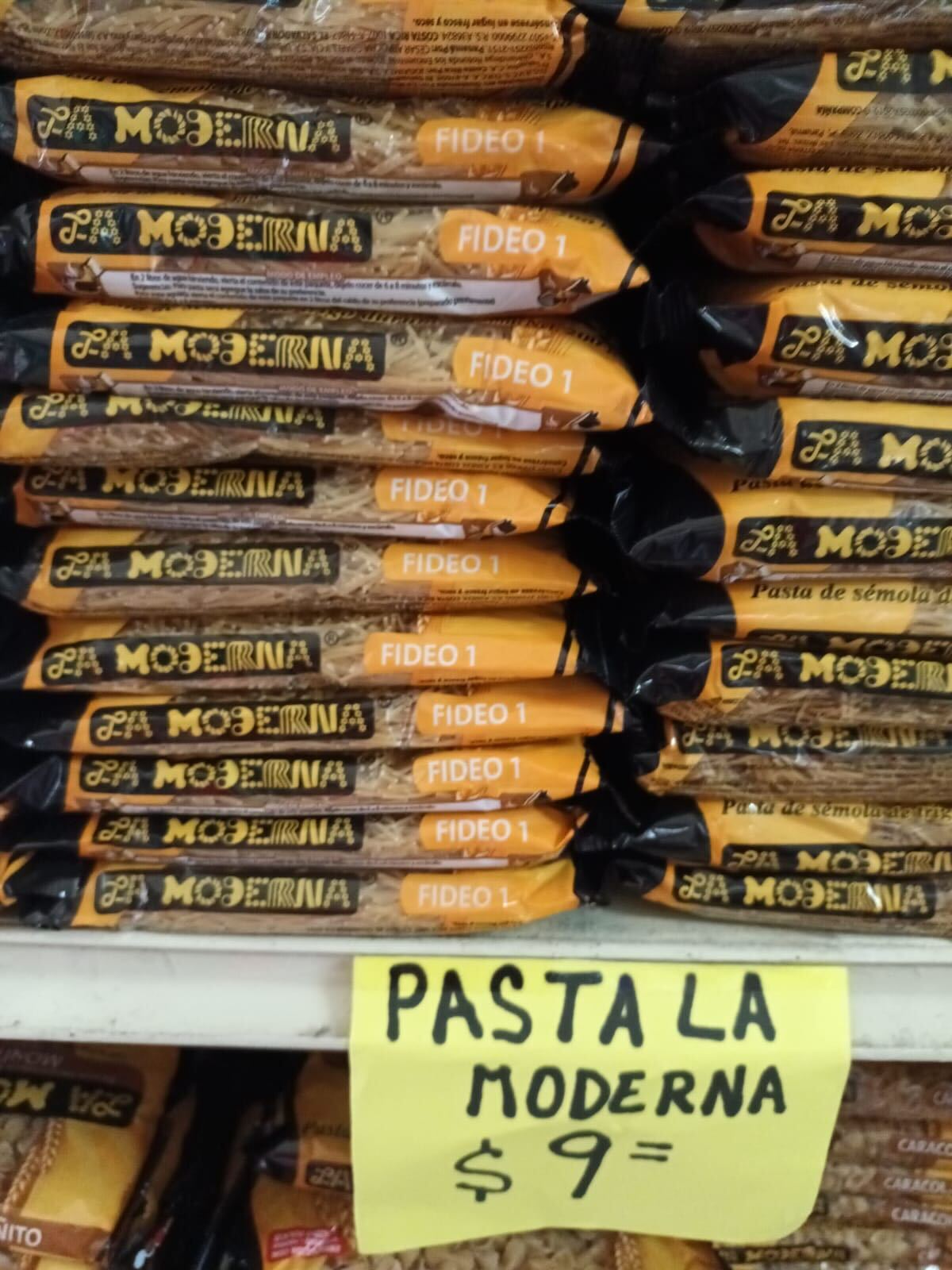
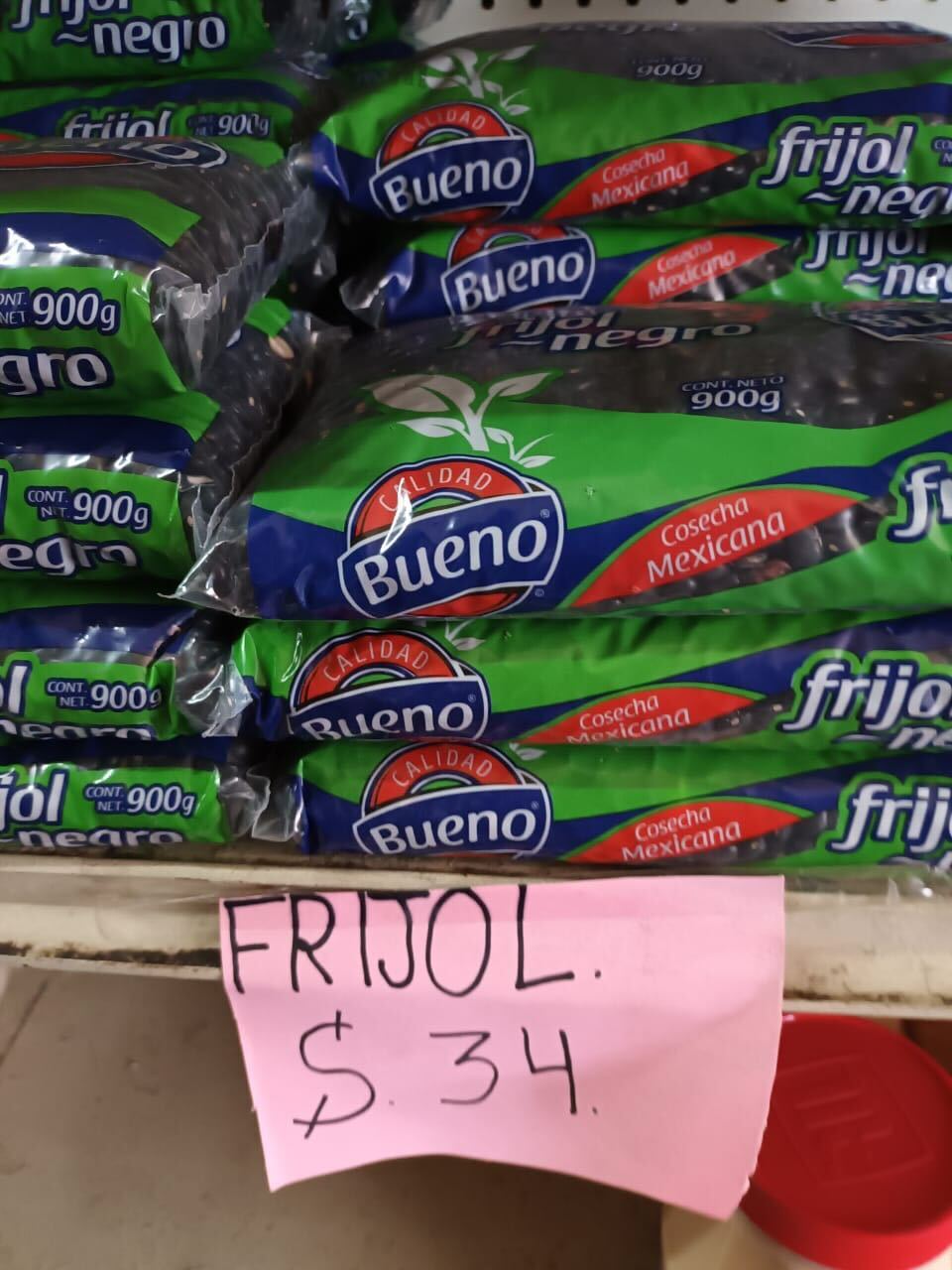
Despite our agricultural project helping migrants in a local shelter, you saw how others in the city were struggling to make ends meet and came up with a solution. You offered food vouchers so people could retain their agency and shop for what they needed in a manner that preserves their dignity. Just last month,104 people benefitted from the food voucher program.
Showing up in Venezuela
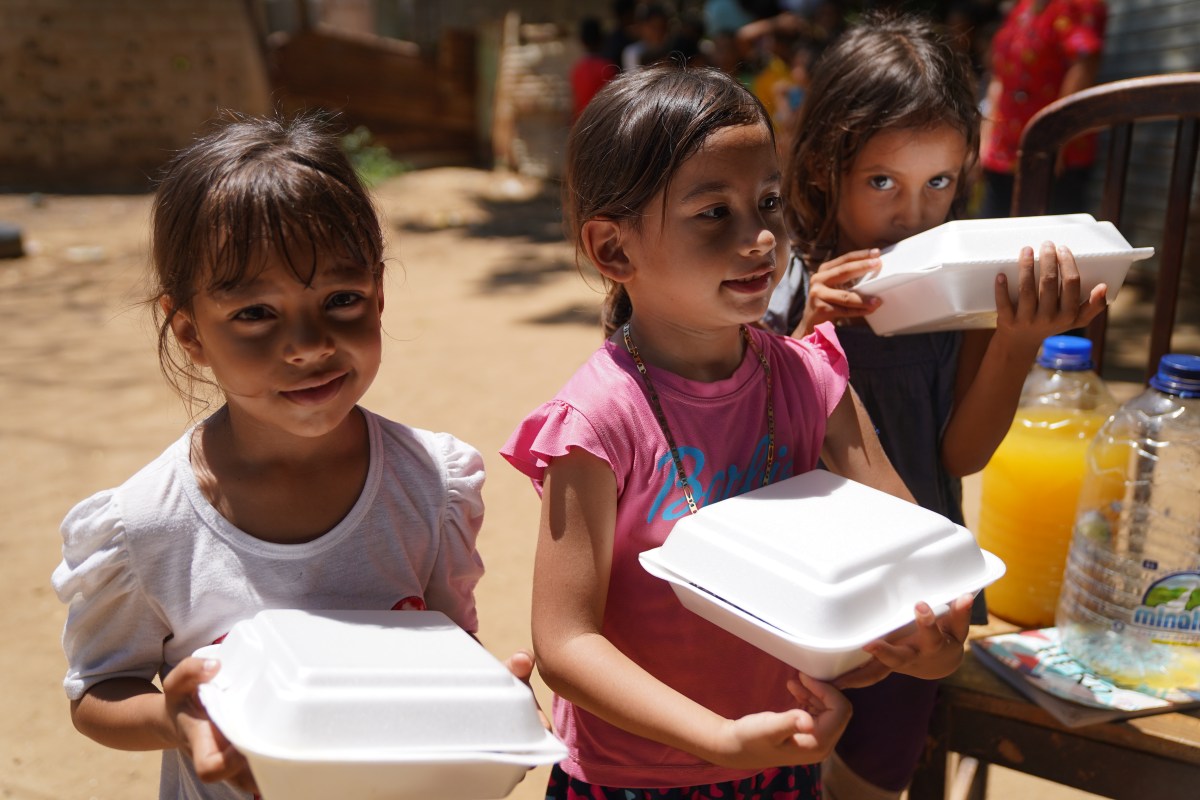
As hyperinflation makes putting food on the table ever more challenging, you’re making sure kids can eat healthy meals and keep learning in school. You’re supporting programs to fight malnutrition with a mobile lunch canteen, meeting children where they are. And your building up capacity with knowledge-sharing workshops as you support infrastructure projects built on trust for communities seeking agency and empowerment, not dependency.
While providing relief aid in Mexico is life-saving, it doesn’t alleviate poverty, which has driven over 7 million Venezuelans from their country. That’s why you showed up to alleviate poverty with stability-creating programming. By investing in entrepreneurs in the Capitol District and Zuila and offering them a year of one-on-one coaching to ensure their businesses thrive, our community of peacemakers is supporting small business owners so they will not have to leave their families, friends, and communities.
What the Lifting of Title 42 Means for Migrants
On May 11, Title 42 is set to expire. First enacted in March 2020 to stop the spread of COVID-19, Title 42 allows US authorities to send migrants back to Mexico before they can make their case for asylum. The lifting of Title 42 does not mean the border is open. Instead, the US will return to using Title 8 to process or remove individuals who arrive at the border without authorization. This means that people who cross irregularly or without having a scheduled time to arrive at a legal port of entry “would be presumed ineligible for asylum under a new proposed regulation, absent an applicable exception.”
New measures are expected to take effect when Title 42 ends. Non-Mexican migrants who present themselves at the US Mexico border without having first applied for and been denied asylum in at least one country they have passed through on their way to the US will not be allowed to seek asylum in the US. If a person fleeing violence or poverty at home tries to irregularly enter the US, they face a five-year ban on re-entry and possible criminal persecution if they try to cross multiple times.
The humanitarian parole program announced in January for Venezuelans, Cubans, Nicaraguans, and Haitians seeking a safe and stable life requires people to have a financial sponsor in the US, enough money to purchase an airline ticket because they have to fly into the US instead of making a land crossing, and have the logistics to get a passport, which is necessary to fly. People seeking asylum from other countries can theoretically make an appointment to present themselves at a legal port of entry on the CBP One app. This process assumes people forced to flee their homes to survive have up-to-date smartphones that can support the app, have reliable internet access, are tech-savvy enough to use the app, and speak one of the three languages in which the app is available.
The platform is not user-friendly. It is prone to crashing and has facial recognition technology that can’t accurately identify dark-skinned faces. Families have difficulty getting appointments together. The app has told some people to report to border stations 1,500 miles away from where they are waiting at the border.
Under international law, countries are legally obligated to protect refugees and asylees. People persecuted at home for characteristics they cannot change–religion, gender, race, ethnicity, whom they love– deserve protection until the time comes when we all love anyway, love first, and love always.
Support Those Who’ve Come So Far in Search of Safety. Help Mitigate What Drives People to Leave.

